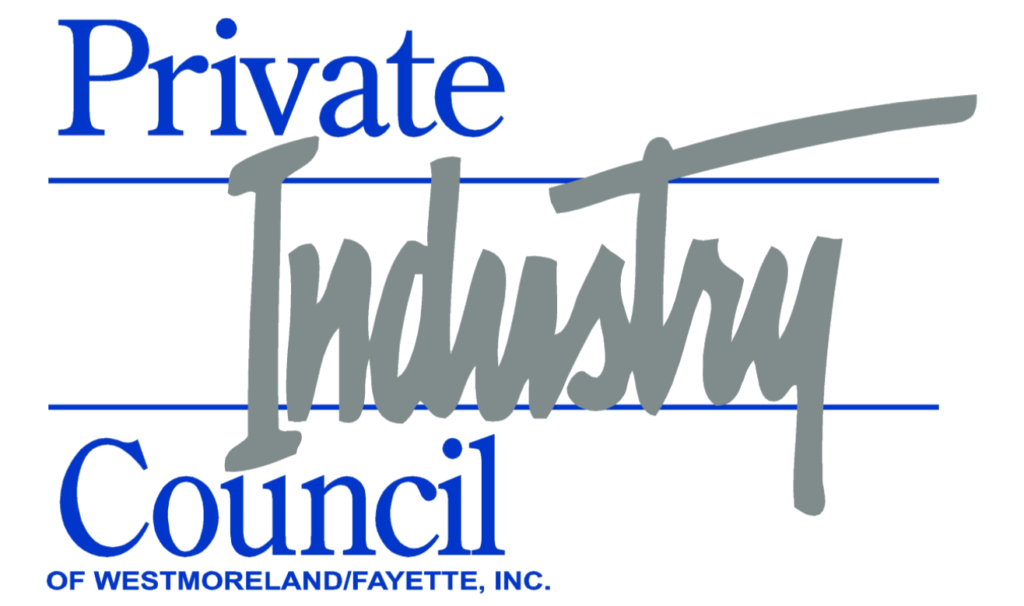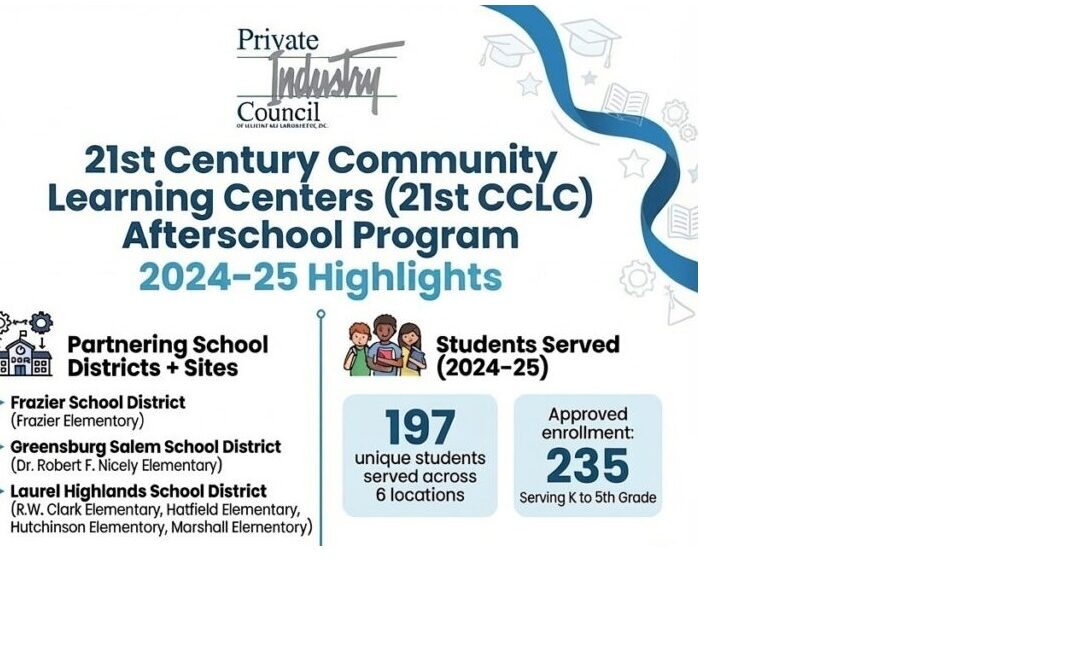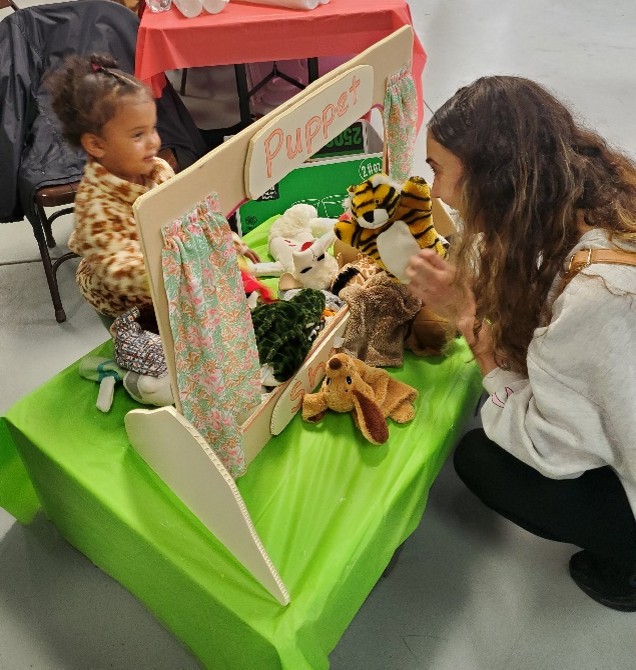Here at Head Start/Early Head Start of Beaver County, a program of the Private Industry Council of Westmoreland/Fayette, Inc., we, “meet the unique needs of children ages birth to five and their families by providing quality education, health services, and experiences that promote parent involvement, school readiness and community engagement.” We believe that parents/caregivers are their child’s first teacher. With the recent shut down of our classrooms, we want to help parents and caregivers to continue the education of their children at home. Learning at home can be fun and inexpensive, here are some ideas of learning activities that can be done when you’re at home:
Singing– Singing with your child helps develop their language and pronunciation of new words and sounds. Whether you’re singing the ABCs, Nursey Rhymes, or Old Town Road, singing together is a great way to help children expand their vocabulary.
Painting and drawing– Children love to draw and paint. This helps with their hand-eye coordination, and imagination. Adding music can create and relaxing environment and extra fun.
Dressing up and Role Play– This is a great way for imaginative play, also a great way for talking and listening with your child. Playing dress up can also help your child learn how to get themselves dressed, with practicing arm hole, zippering, and buttoning.
Talking about numbers around them– Numbers are all around us, whether it is the numbers on the remote, clock, calendar, talking about them with your child is never too early. Pointing out numbers around them will help with recognition. Singing counting songs can help with the fun of numbers, and adding counting with your fingers adds a visual link to quantity and numbers.
Cooking together– Cooking together also develops math skills, with how many eggs, less milk or more milk. Mixing and stirring help with hand-eye coordination, also this gives parents an opportunity to talk about healthy food choices with their child. Cooking together helps with inclusion, making the child feel important and proud when they know that they helped produce something.
Playing games together– There many games that can be played with your child at home, games like rhyming, memory games, Simons says. Memory games can be simple as putting a few items on a table, a key, a cotton ball, and a crayon. Then covering them up and telling your child to watch for an item, then mix it up and have them point to where it is at. Simon says helps develop their listening, speaking, and memory skills without your child noticing.
Resource:
https://www.oxfordowl.co.uk/welcome-back/for-home





 724-836-2600
724-836-2600





